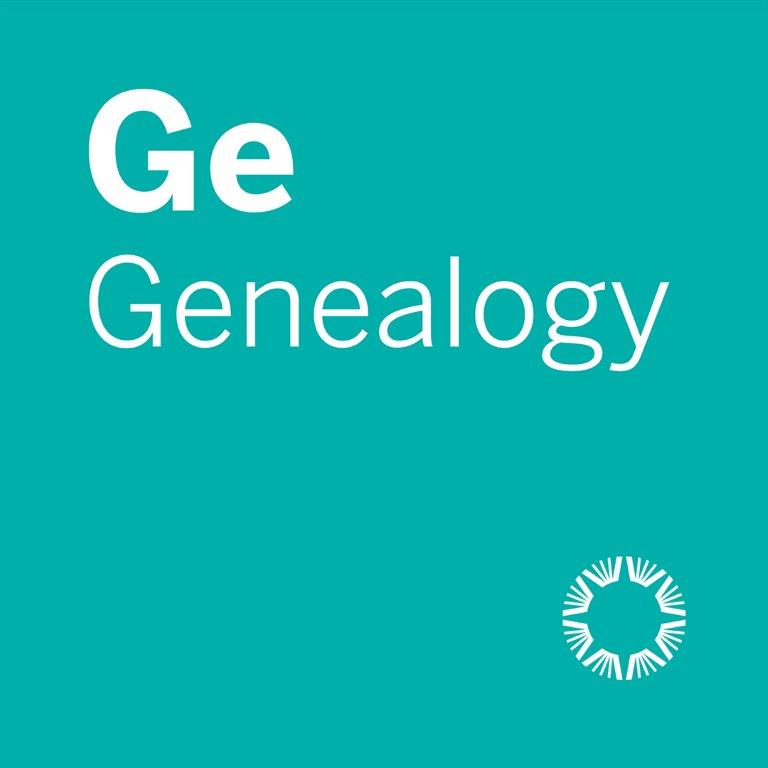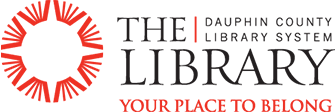 The Library’s subscription to MyHeritage will end at the end of the year. But no worries. The Library has other resources to assist both budding and seasoned family historians and genealogists.
The Library’s subscription to MyHeritage will end at the end of the year. But no worries. The Library has other resources to assist both budding and seasoned family historians and genealogists.
For a good overview, start with the Genealogy page on The Library website. You can access the page by visiting dcls.org and clicking on the purple “Research & Resources” icon. You will find Genealogy about half way down on the tab. Let’s take a look at what you will find there.
At the top of the page, you will find links to The Library’s premium newspaper databases: Newspapers.com and Newsbank. You can access them from any internet-connected device using your library card number and PIN. Newspapers.com features historical newspapers dating back to the 1700s as well as current newspapers from all over the state of Pennsylvania. Newsbank provides full-text searching for issues of The Patriot-News from August 1986 to present. You can use the recently added Image Collection to have the virtual experience of viewing the print newspaper. Daily issues, in full color, are available from October 24, 2018 to present.
At the bottom of the page, there is information about The Library’s Microfilm Collection. Housed at the East Shore Area Library, the collection includes local newspapers (Patriot-News, Elizabethville Echo and Lykens Standard) as well as The New York Times. You will also find some Harrisburg City Directories (1861-1901) and a number of Pennsylvania County Histories. Information from microfilm can be printed out for 20 cents per page or saved to a flash drive at no charge.
The bulk of the page provides links to a variety of free online resources. This includes specific databases (e.g., Find a Grave), general genealogy information (e.g., National Archives – Resources for Genealogists) and directories of genealogical websites (e.g., Cyndi’s List). There are also links to Pennsylvania and Dauphin County specific resources. Be sure to check out the page to see what other links may be helpful to you.
I would like to highlight one website that is linked on the page: FamilySearch.org. If you are not familiar with FamilySearch, now is a great time to check it out. FamilySearch.org is maintained by The Church of Jesus Christ of Latter-day Saints (The Mormons) and is available free of charge to everyone. FamilySearch has partnerships with MyHeritage, Ancestry and FindMyPast that allow its users to search family trees and some records on those sites. The website’s greatest assets, however, are its own. Its online records, digital library and comprehensive genealogy research wiki are a genealogical treasure trove.
When it comes to records, FamilySearch really shines. By working with archives and libraries from all over the world, the site has more than 6.3 billion searchable images and records. And thanks to its ongoing indexing projects, more family history records are made available every week. In October 2020 alone, the site added over 23 million new indexed records from more than 30 countries including the United States, England, Germany, Peru, Brazil and South Africa.
In addition to its billions of online records, FamilySearch is actively digitizing the collections of their Family History Library (FHL) located in Salt Lake City, Utah. As one of the largest genealogy libraries in the world, the FHL has an on-site collection that includes more than 1.4 million rolls of microfilm and over 600,000 books, serials, and maps. The FamilySearch Digital Library currently includes more than 440,000 digitized genealogy and family history books and publications. These items are not only from the FHL but include many titles from FamilySearch’s partner institutions.
The FamilySearch Research Wiki is an online guide to genealogical resources. It provides links to databases, websites and other resources. It also provides research strategies as well as general guidance to help you in your family history research. You will not find individual people in The Wiki but it will identify genealogical resources that may list an individual. The Wiki includes locality pages for countries around the world. For the United States, you will find both state and county pages. Pennsylvania can be found here and Dauphin County here. You will also find topic pages on genealogy record types explaining how to use the record, what it contains, and how to find it. All of the pages in the Wiki are cross-referenced to make the information easy to navigate.
![Unofficial Guide to FamilySearch.org: How to Find Your Family History on the Largest Free Genealogy Website by [Dana McCullough]](http:////Users/christinalauver%201/Library/Group%20Containers/UBF8T346G9.Office/TemporaryItems/msohtmlclip/clip_image001.jpg) For more information on using FamilySearch.org, check out this book in our library collection. You can also find some tips and sign up to get a free e-book in this article on the Family Tree Magazine website.
For more information on using FamilySearch.org, check out this book in our library collection. You can also find some tips and sign up to get a free e-book in this article on the Family Tree Magazine website.



